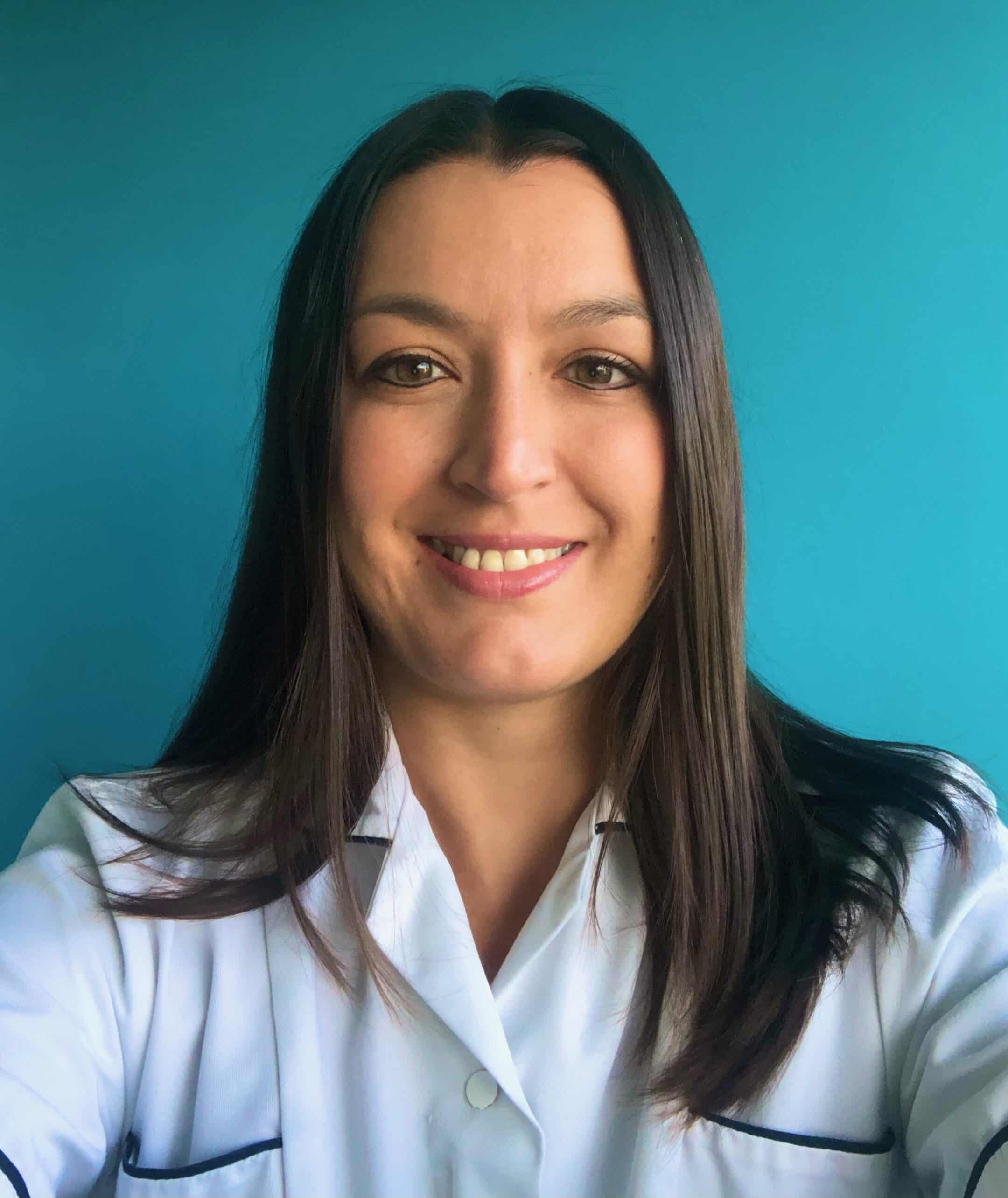A Glimpse into the Leeds Long Covid Community Rehabilitation Service
20 December 2022 | Zoe Fox, Specialist Physiotherapist

My name is Zoe Fox, a Specialist Physiotherapist working for the Leeds Long COVID Community Rehabilitation Service. I would like to give you a brief overview of some of the work we are doing in Leeds to support patients with Post Covid-19 Syndrome (otherwise known as Long Covid); that is patients who present with symptoms 12 weeks or more after having an initial Covid-19 infection.
Prior to working for the team, I worked in the Community Neighbourhood teams supporting patients discharged from hospital and needing rehabilitation in their own home. This included rapid response assessment, treatment and preventing hospital admissions to patients acutely unwell in the Community.
My background has given me experience working with complex patients presenting with a variety of symptoms; which I believe has prepared me well to work in my current role supporting patients with Post Covid-19 Syndrome.
In September 2020, I was lucky enough to be given the opportunity to be one of six members of the team that were asked to rise to the challenge of setting up this service from scratch. In the beginning, it was becoming increasingly clear that Post Covid-19 syndrome was going to affect a large portion of the population, not only here in Leeds but worldwide.
Creating the Multi-disciplinary Team
As we started to develop the service and establish how we would work, the multi-disciplinary team meeting (MDT) was set up, to allow the team to meet on a weekly basis to discuss patients referred to the service. Since we started, the team has grown in size to now include Physiotherapists, Occupational Therapists, Clinical Lead Co-ordinators, Dieticians, Psychologists and Psychological Wellbeing Practitioners, Rehabilitation Assistants and Clinical Fellows (medics). The team work in close partnership with the Acute Trust Consultants; a Cardiologist, Rehabilitation Consultant and Respiratory Consultant who provide medical oversight and support to the weekly MDT.
Research Fellows have been embedded within the team from the beginning which is very unique and has been key as we continue to work in a new and evolving area of clinical practice. It has been powerful to generate in-house research evidence to support and drive service changes. In doing so, we have published many papers to support the national and international picture for Long Covid interventions.
My role has been challenging, as Post Covid-19 Syndrome is a new condition with little research evidence to support the management and treatment of these patients. We’ve had to learn quickly about the condition and review treatments and strategies that have been utilised to manage other long-term conditions. The MDT has proved valuable to how we support these patients. It continues to allow all members of the team to offer their expertise, discuss and learn collaboratively about the condition to support these patients. Without this approach it would prove extremely difficult to manage the complexities this patient group presents; often with multiple symptoms and a significant past medical history.
Supporting Patients on their Journey
Understandably patients who attend the clinic are often anxious and worried about their symptoms and describe a traumatic journey they have been on and continue to experience as they describe the impact it has had on their day-to-day life. It has often been life-changing for these patients and naturally they are extremely worried about how it will effect them in the future.
The team have worked so hard over the last few years to get to where we are today. We have been part of developing the first validated outcome measure for patients with Post Covid-19 Syndrome – the C19-YRS questionnaire. This is completed by patients at the point of being referred to the service and is utilised to monitor and review a patient’s progress and rehabilitation goals.
We continue to develop the service based on patient feedback and as we learn more about the condition. We have recently revised the original version of the Long Covid Rehabilitation Booklet – a valuable resource of information on the rehabilitation strategies we offer. We have updated the 10-week Virtual Symptom Management Course. This course offers strategies and tools to support patients to self-manage their symptoms – providing education and interactive sessions with Therapists of different specialities. We now offer other support such as the ‘Long Covid and Low Mood Course’ and continue to explore what else we can offer as a service. Rehabilitation continues in a variety of ways that is bespoke and individual, according to the patient’s needs.
We are only at the beginning of the story and we will continue to work collaboratively and listen to our patients as we learn how to support them in the best possible way.
The QNI operates a Long Covid Nurse Expert Group offering a range of resources available to support nurses in this field.

 Back to Blog
Back to Blog